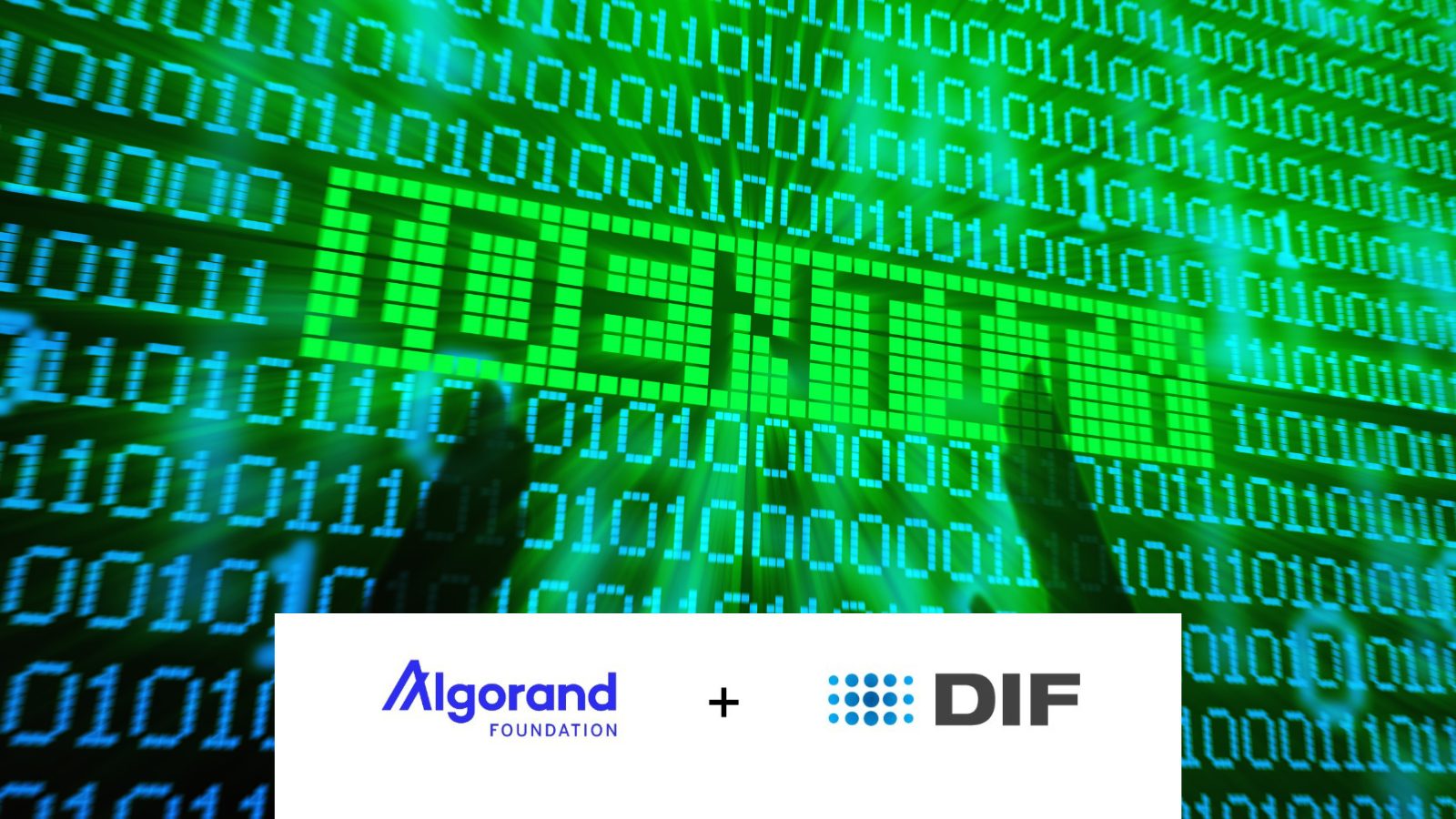In a groundbreaking move that could transform digital identity management, the Algorand Foundation has joined forces with the Decentralized Identity Foundation (DIF), marking a significant step toward standardizing how we prove who we are online.
At the heart of this collaboration lies a powerful new tool called did:algo, which promises to reshape how individuals and organizations manage their digital identities.
The implications of this partnership extend far beyond the blockchain community. Already, the technology is making a real-world impact, helping natural disaster survivors quickly access vital aid through innovative solutions like the Kare Wallet.
This development signals a shift in how we might all manage our digital identities in the near future.
The Technology Behind the Transform
At its core, did:algo represents a sophisticated yet user-friendly approach to digital identity management.
Built on the Algorand blockchain and following W3C standards, this decentralized identifier system offers something remarkably different from traditional identity management solutions: complete user control without sacrificing security or reliability.
What sets this implementation apart is its dual-mode functionality. Users can either create their identifiers directly or work with trusted third parties for verification, providing unprecedented flexibility in how individuals and organizations manage their digital presence.
Real-World Impact Today
The system’s practical applications are already evident in disaster response scenarios. Through integration with Kare Wallet, survivors can quickly verify their identities across multiple aid organizations, dramatically reducing the time it takes to receive critical assistance.
This real-world application demonstrates how blockchain-based identity solutions can address urgent humanitarian needs.
Industry Experts Weigh In
Bruno Martins, Principal Architect at Algorand Foundation, emphasizes the strategic importance of this development:
“Contributing and aligning to open standards defined by bodies such as DIF enables us to ensure interoperability with the rest of the digital world, influence industry direction, foster innovation, and build trust. All the while reducing costs, aligning with regulatory standards, and avoiding creating unnecessary custom solutions that keep us in an ecosystem bubble.”
Adding to this perspective, Kim Hamilton Duffy, Executive Director of DIF, underscores the collaborative potential:
“At DIF, our mission is to build digital identity solutions that prioritize individual control, privacy, and security. Algorand’s technical expertise and commitment to decentralized identity accelerate our progress, strengthening our joint vision for decentralized infrastructure that empowers users with secure and trusted identity systems through open standards.”
What This Means for the Future
The partnership between Algorand Foundation and DIF represents more than just a technical collaboration. It signals a shift toward more standardized, interoperable digital identity solutions that could eventually touch every aspect of our online lives. From accessing government services to managing financial accounts, the implications of this development extend far beyond the immediate blockchain community.
Opinion
The Algorand Foundation’s entry into the DIF marks a pivotal moment in the evolution of digital identity management. By combining Algorand’s blockchain expertise with DIF’s standard-setting leadership, we’re witnessing the emergence of a more secure, user-centric approach to digital identity.
The successful implementation in disaster response scenarios through Kare Wallet demonstrates the immediate practical value of these solutions.
The focus on open standards and interoperability suggests a future where digital identity management becomes more seamless and user-controlled, while maintaining the security and reliability needed for widespread adoption.
This development could be the catalyst that brings decentralized identity solutions into mainstream use, fundamentally changing how we think about and manage our digital identities.
Reference and Source:
Algorand Foundation Blog Post





